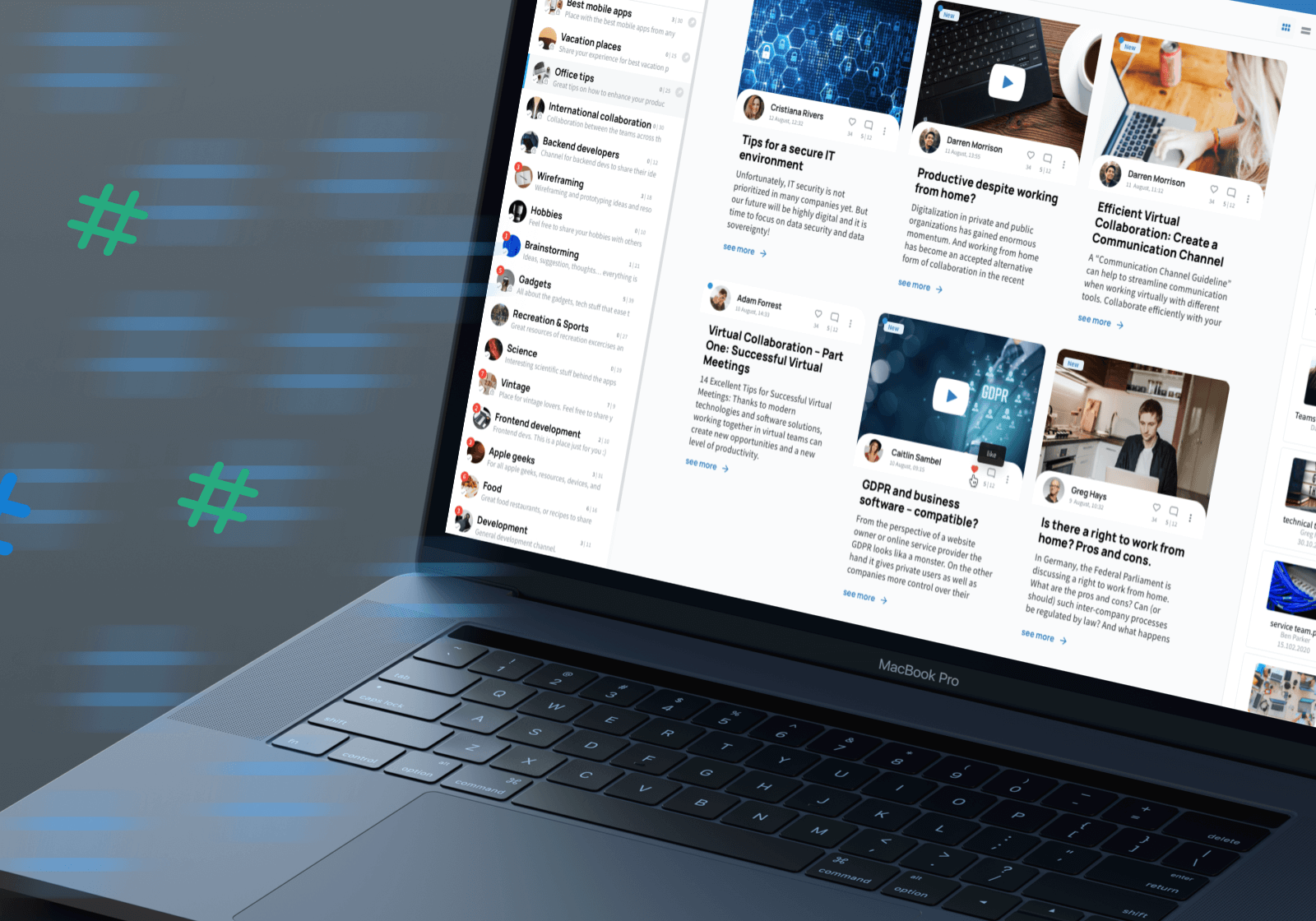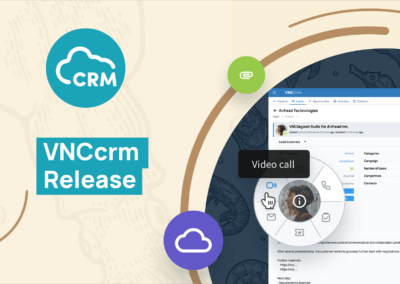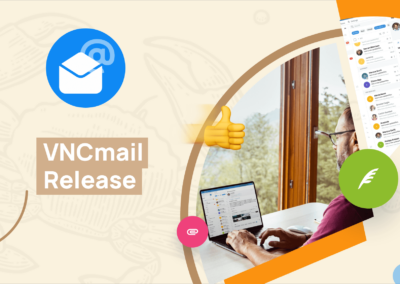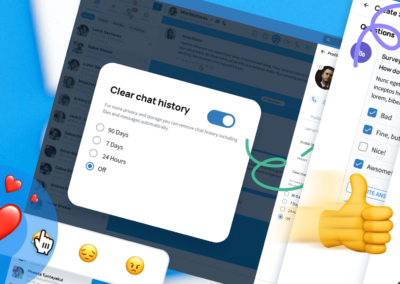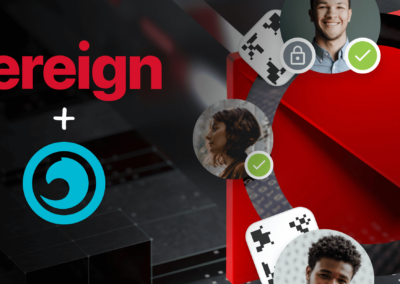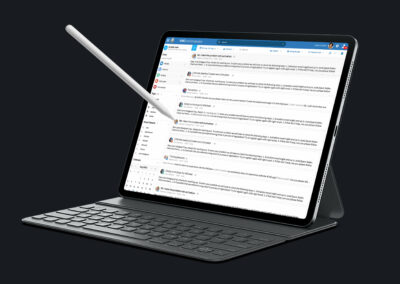Why is business software harder to use than a mobile game or a social media app? And does it have to be that way? Perhaps it’s because the development process itself is far too complicated. But it could be much simpler.
By Andrea Wörrlein, managing director of VNC in Berlin and member of the board of VNC AG in Zug
A usability lab is imagined as a clinically pure, strictly shielded laboratory in which carefully selected test subjects solve tasks that have been developed by proven experts according to scientific criteria, and whose results are analyzed in detail exclusively according to equally intricate parameters. It sounds cumbersome and tedious – and it is. Although functional structures, operating logics and user interfaces of business software have been developed according to these schemes for decades, a lot of time and money still has to be invested in training employees so that they can master and operate at least some of the “usability-optimized” programs to some extent. In the light of day, this laboratory principle is an expensive and inefficient dead end, especially when it obviously works much better and easier elsewhere.
The whole world is a laboratory
The success of social media and gaming apps is in no small part due to the fact that they are virtually foolproof to use. No user of Twitter, Facebook, Minecraft or Fortnite needs instruction. Any weaknesses can be analyzed and adjusted on the basis of the real-time feedback that is constantly received, without having to wait for the next release version. So, what could be more obvious than to use this global practice laboratory, which is used billions of times a day, to optimize the look and feel of business software?
The groundbreaking keywords for this are “mobile first” and “gamification”. The look, feel and focus on the essentials play an important role. Confronting users with nested menus, cryptic terms and an overflow of functions is no longer acceptable. Keep it simple, and on all front ends – be it an Android phone, an Apple laptop or a Windows computer. At the same time, social media is also the blueprint for the importance of community: interactivity and knowledge sharing therefore absolutely belong in the feature set for business software as well. From the employees’ point of view, it is a welcome parallel to their private activities, and from the companies’ perspective, they provide the basis for increasing informational value creation: data becomes information – information becomes knowledge – knowledge becomes innovation, in addition to higher employee satisfaction.
These role models also provide indications of optimization potential. Messengers, games and social media apps are usually solitaires that have no connection to each other. Interfaces, data exchange, data integration, interoperability? Missing! This is where business software can and must take an important step forward, just as it must with the all-important issue of security and digital sovereignty, for which social media is known to be anything but a role model.
No innovation without intuition
Intuition is the creative force that hovers over everything. It awakens the initial idea for the design of the user interface, which is then very quickly polished and made practicable in the user and feedback situation described. Trial and error are therefore part of the process, and is allowed to be, because erroneous paths can now be sifted out and blocked very quickly. Who remembers Windows Vista? It took much longer because the combination of stubbornness and market power had much greater opportunities to push through unpopular concepts. That’s over now. The users now have the power. You may regret this – or you may see it as an opportunity to free business software from the stigma of being a dreary functional wasteland. We have a hunch which of these two alternatives will turn out to be more sensible.
About VNC – Virtual Network Consult AG
VNC – Virtual Network Consult AG, based in Switzerland, Germany and India, is a leading developer of open source-based enterprise applications and positions itself as an open and secure alternative to the established software giants. With VNClagoon, the organization with its global open source developer community has created an integrated product suite for enterprises, characterized by high security, state-of-the-art technology and low TCO. VNC’s customers include system integrators and telcos as well as large enterprises and institutions. Further information on https://vnclagoon.com, on Twitter @VNCbiz and on LinkedIn.
Contact
Andrea Wörrlein
VNC – Virtual Network Consult AG
Poststrasse 24
CH-6302 Zug
Phone: +41 (41) 727 52 00
aw@vnc.biz
Nicole Haske
PR-COM GmbH
Sendlinger-Tor-Platz 6
D-80336 Munich
Tel. +49-89-59997-814
nicole.haske@pr-com.de
